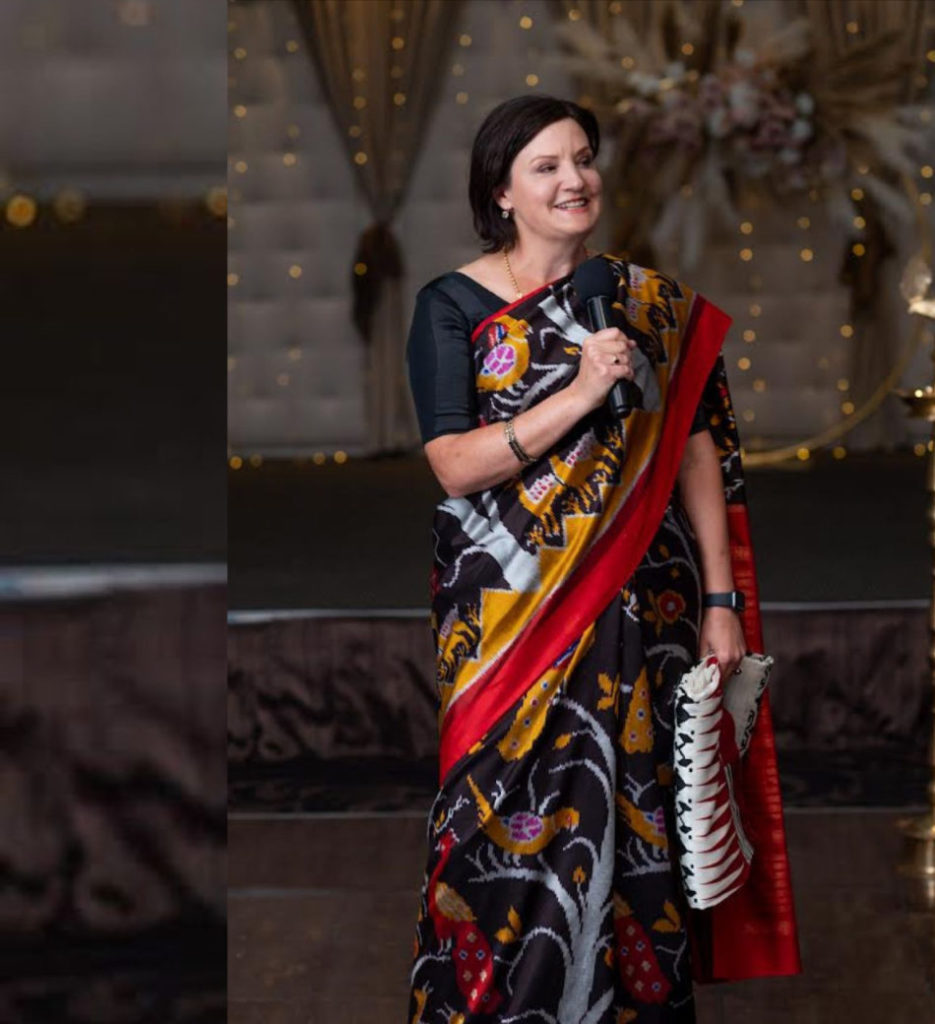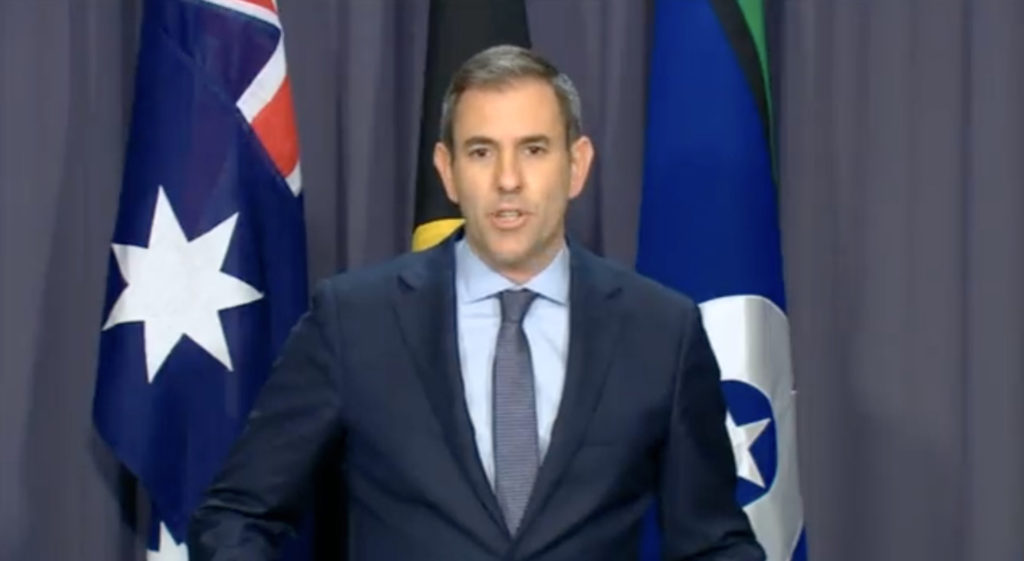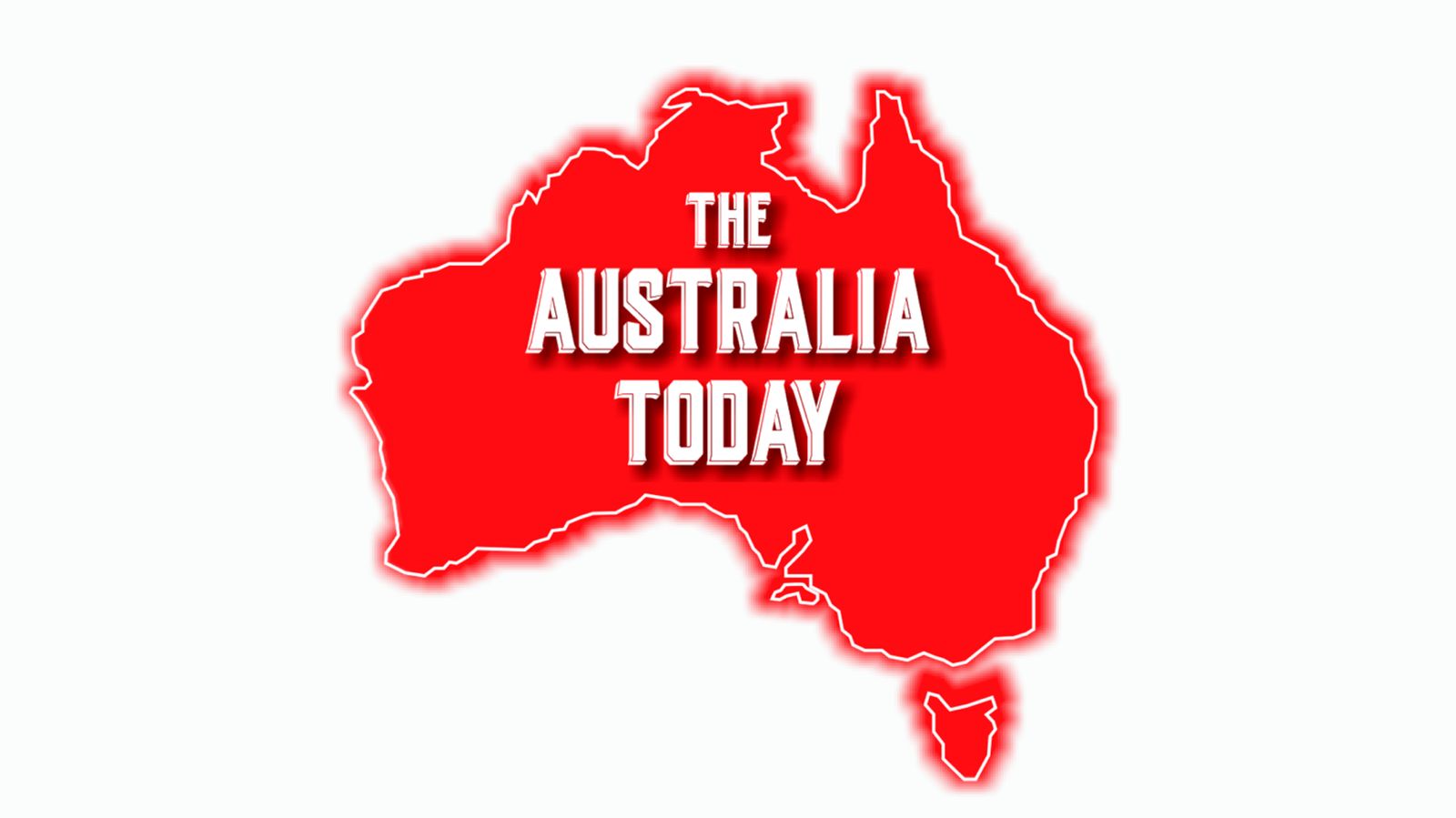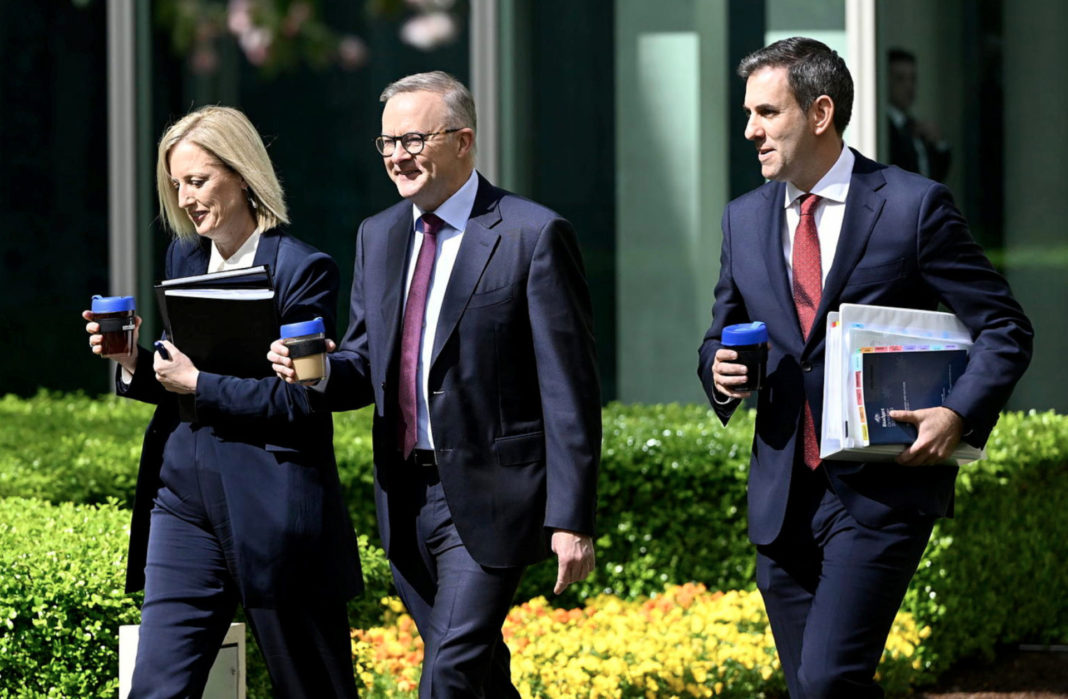Treasure Jim Chalmers announced $44 million in funding towards establishing a Centre for Australia-India Relations (CAIR) in last night’s budget.
Earlier this year while signing the India-Australia Economic Cooperation and Trade Agreement-“IndAus ECTA’ with the aim of significantly enhancing the bilateral trade in goods and services, creating new employment opportunities, raising living standards and improving the general welfare of the people of the two countries a unique centre was envisioned.
Jodi McKay, National Chair of Australia India Bussiness Council welcomed the Albanese Government’s commitment to establishing the Centre.
Ms Mckay said in a statement that the Centre would become a key institution in deepening the dialogue between the two countries and working closely with business and industry to explore and capture the emerging opportunities in India-Australia trade.
“India is the fifth largest and fastest growing economy in the world and is recognised as a key strategic partner for Australia. Two-way trade between the two countries is currently $25 billion and is forecast to grow to $45 billion within the next five years,”
Ms McKay said.

The CAIR will focus on four key areas of work:
- Promoting policy dialogue
- Building Australian business literacy and links
- Engaging Australia’s Indian diaspora communities to support the Australia-India bilateral relationship, and
- Deepening cultural connections and understanding.
The Centre will also administer the $20.8 million Maitri (friendship) scholars, fellowship program and cultural partnership.
According to Ms McKay, the Centre’s focus on promoting policy dialogue and strengthening the industry and business links is essential, but so too is engaging Australia’s rapidly growing Indian diaspora.
“AIBC has long championed business-to-business links, but also believes there must be greater emphasis on the growing India diaspora and its connection to India.”
“The Centre will provide a focus on Australia’s Indian diaspora as a “living bridge” between the two countries, which until now has been missing from Australia’s strategic approach to India,” said Ms McKay.
She stresses that Australia’s connection to India must be more than a transactional relationship. There is an opportunity for the Centre to play a critical role in developing genuine relationships by growing cultural understanding and business literacy to ensure long-term, sustainable success.

Where the CAIR will be situated is still undecided. However, after funding is secured now, AIBC is advocating for the Centre to be established in Western Sydney, which is home to a large Indian diaspora.
Irfan Malik, NSW President of AIBC says there was great support for the Centre to be established in Parramatta, which is NSW’s second city and a thriving commercial hub.
“As well as making sense from a business perspective, establishing the Centre in Western Sydney would also send a message to the Indian Australian community that the Federal Government understands their importance in advancing the business and cultural ties between India and Australia.”

This argument has a lot of support from the Sydney and Canberra-based government and opposition politicians. They point out that Melbourne already has an Australia India Institute which is doing a great job in enhancing academic and cultural relationships, however, CAIR will be driving business relationships with an outcome focus.

